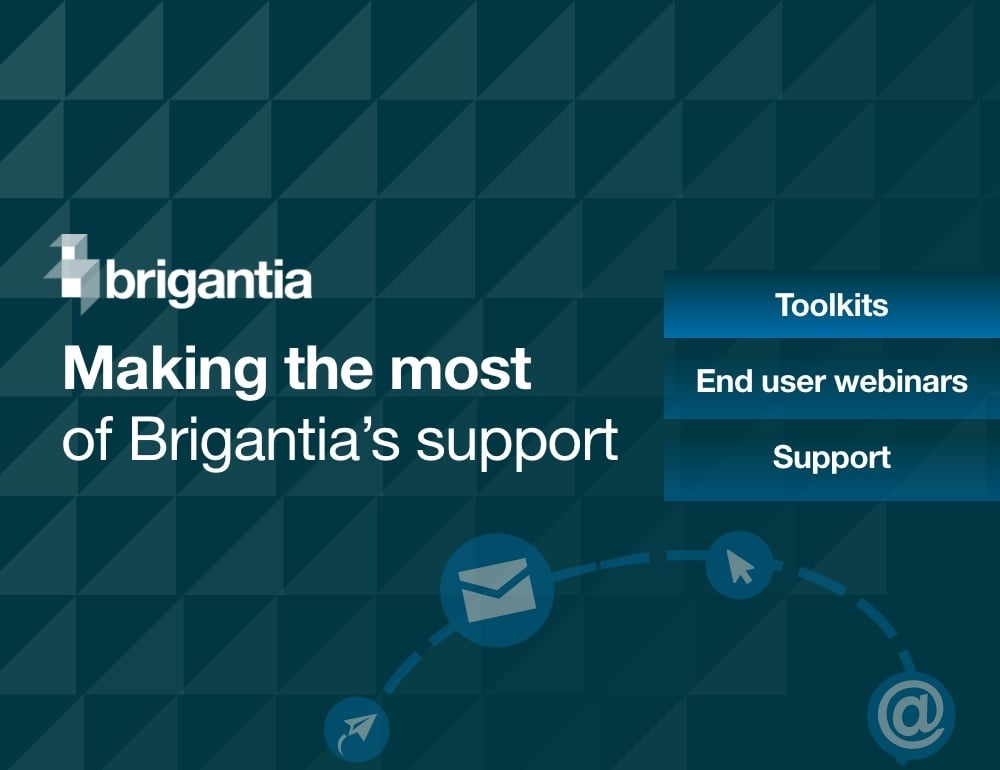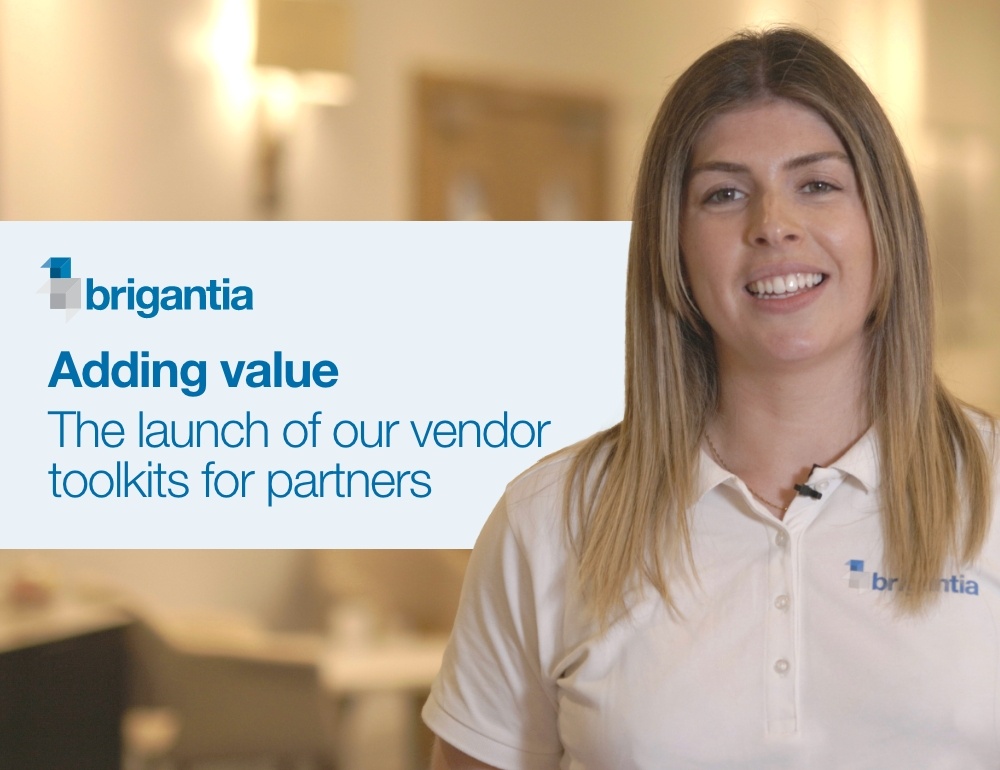Tricky, isn’t it? Working hard, get an occasional new client every so often while you support your existing ones. Day to day activities occupy almost all of your time, and although it may be many years away, you know in the back of your mind that one day you will want to get out: retire and take it easy. Unlike a civil servant though, your retirement is not based upon a government pension at a set age. You may have private pensions, but the real investment that you dedicate most of your time to servicing, is your business. For most, this will be seen as a saleable asset when the time comes, and that sale will hopefully set you up for your golden years.
A significant advantage to this of course, over our hypothetical civil servant, is that you can decide when to stop. It may be when you are 70, or perhaps you can manage to retire at 50: if you plan this well and enjoy a little luck then the choice will be yours.
There are a number of ways to calculate the value of a business but at the end of the day it comes down to two things:
- Are there multiple parties that potentially want to buy it? If the buyers are not competing, then the value will be low.
- How much reliable profit can a buyer make after purchasing your business.
In addition to what your business actually consists of, the first point above has a lot to do with how the economy looks at the time of the sale. The second point is far more controllable and is key to being able to release the value of all that work that you have put in over the years.
Let’s look at this in some more detail:
Processes
Does your business have documented processes and procedures in place? If so, are they accurate? For example, if you have a process in place and it turns out that your engineers, for example, are bypassing it because they have found an easier way, then this could cast doubt upon the validity of your entire system. It’s pointless to just have a suite of documents for its own sake, it should be a thorough “how-to” for all your business processes.
It is good practice to be certified to relevant ISO standards. However, being so carries on-going costs and much effort, especially at first, so the pros and cons must be carefully weighed up before deciding whether this path will be profitable for you. On the plus side, it demonstrates that you use documented processes, which are internationally recognised as being good practice, and that they are audited regularly. This should be a real plus point to prospective clients and ultimately, potential buyers.
You
Are you essential to your business? If you are then that could be a significant problem for a buyer as what happens when you leave? If the business cannot be shown to be able to stand on its own two feet without you then you need to rectify this. For example, if the new clients were mostly as a result of you knowing lots of local businesses then they may well dry up if you leave.
Usually this is overcome by putting both the right people and good processes in place. On the plus side, doing this also means that you get to relax a bit more when you take holidays, safe in the knowledge that your business can take care of itself in your absence.
Revenue
The old-style IT businesses used to try to trade by doing such things as selling IT equipment and software. This used to generate some nice pay-days but the issue was always finding the next sale, and doing so in a predictable, reliable way. This kind of business would not necessarily carry all that much value as the profits are just not consistent.
One of the best ways to build value into your MSP / MSSP / Reseller business is to sell recurring revenue services. At the risk of preaching to the converted: these services make the business’ income very predictable in addition to making your business easily scalable.
One other good idea, if at all possible, is to get into monthly billing for services provided. The idea here is to avoid the dreaded renewal; if a client is given an annual reminder of services that are being paid for, and this reminder lands at an uncertain time (like now for example), then the client may well question whether all the services are essential…
Conclusion
- In all likelihood you will want to cash-out at some point, so it is a good idea to think about this sooner rather than later.
- Your business needs to be able to run just as well without you being there.
- The easiest way to add value to your business is to build your recurring revenue portfolio as much as you can.
Brigantia
Brigantia’s MSP / MSSP / Reseller partners sell Brigantia’s many recurring revenue services. Whether or not you are already a Brigantia partner, talk to your Brigantia account manager, call Brigantia on 020 3358 0090, or email partnersupport@brigantia.com to discover how you can increase your profits and grow the value of your business.





